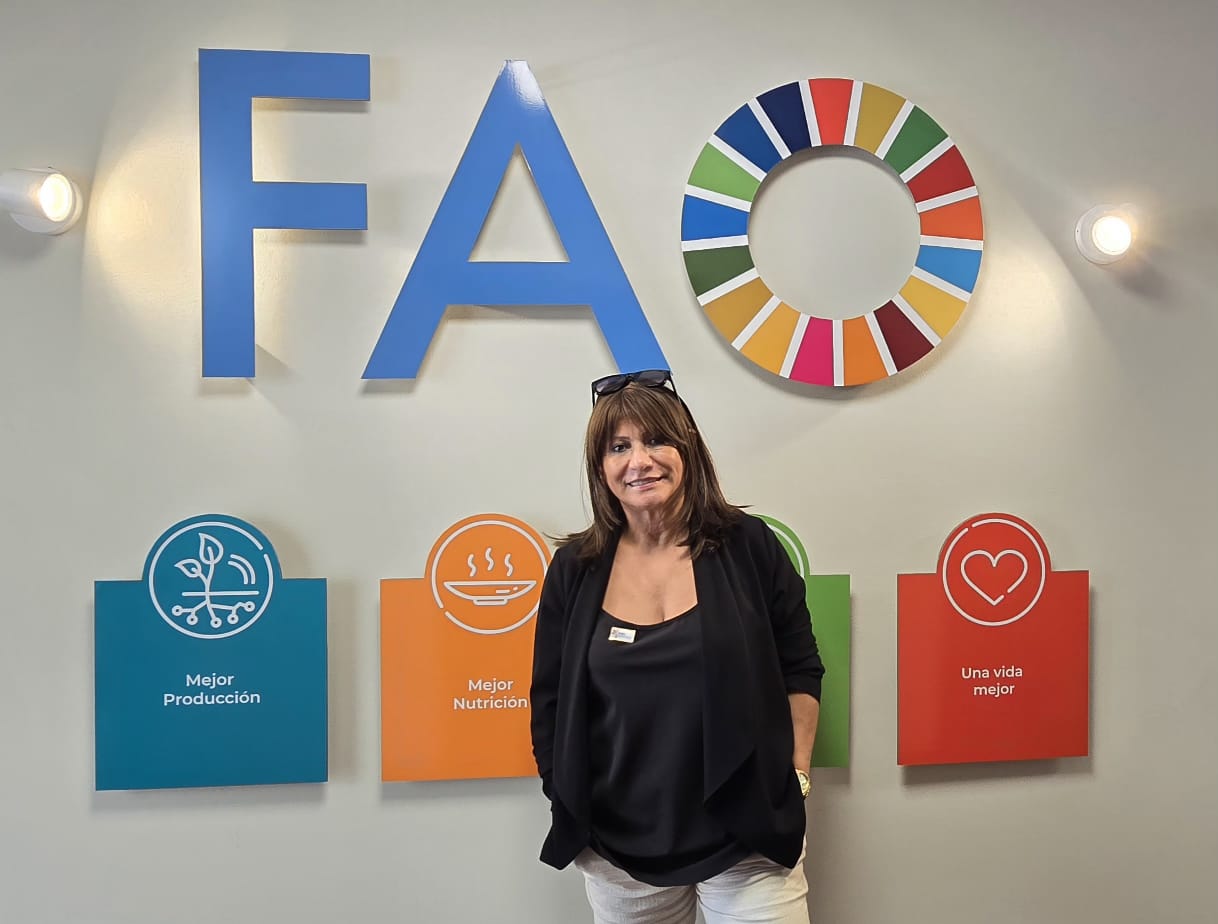Today, March 13, we celebrate School Meals Day. An opportunity to reflect on how public policies can change lives.
School feeding helps transform agrifood systems, reduce poverty and malnutrition. It also improves students’ education and health.
The 2025 Regional Panorama of Food and Nutrition Security report revealed that moderate or severe food insecurity affects 28.2% of the population in Latin America and the Caribbean.
Expanding coverage and improving quality are the two major challenges in the region.
Since 2009, FAO, the Government of Brazil through its cooperation program, and several countries in the region have been working together to strengthen school feeding programs.

Through the Sustainable School Feeding Network (RAES), we strengthen capacities, exchange experiences, generate knowledge, and provide evidence to support national decision-making.
Today, 17 countries are members of this Network.
To continue advancing, the Network proposes ensuring:
- Sustainable financing.
- Universal student coverage.
- Participatory governance.
- Healthy menus and food and nutrition education.
- Public procurement from family farming.
- Adequate school infrastructure.
So far, six countries in the region have passed school feeding laws, and three more are in the process. On School Feeding Day, we reaffirm the regional commitment to ensuring that all Latin American and Caribbean students have the right to adequate and healthy food.
Because every meal served at school today is an investment in a future with better health, education, and social development for this and future generations.







